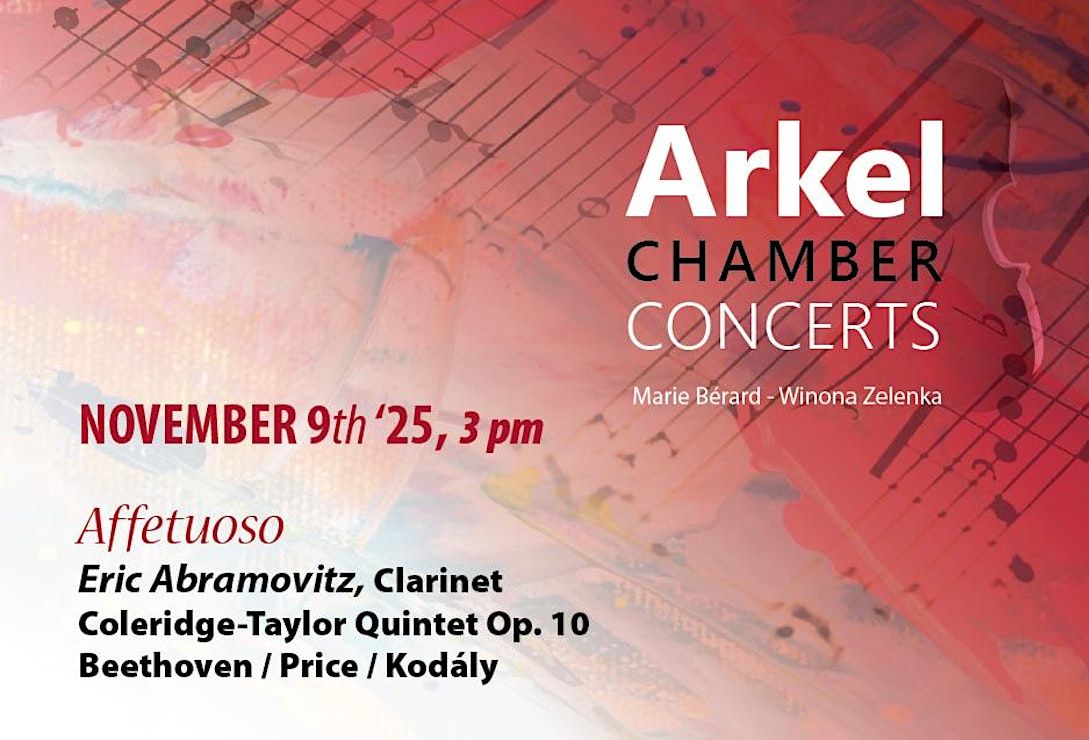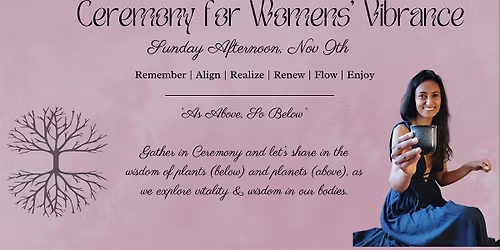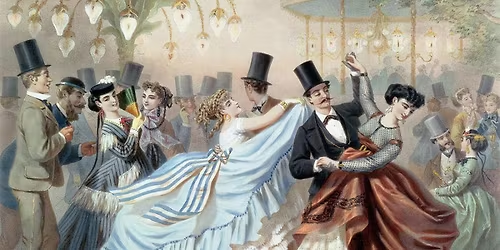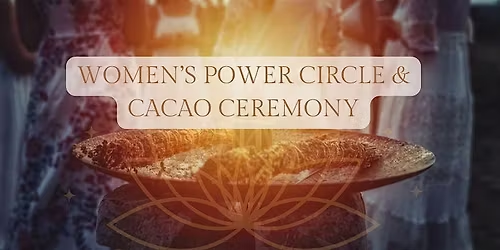
About this Event

Beethoven -String Quartet Op. 18 No. 1
In a strange coincidence of history, Beethoven relocated to Vienna at the age of 28 exactly as Mozart had done- he in 1784 to study the quartets of Haydn, and Beethoven in 1798 also to study quartet composition. In this way there was a revolution in this chamber music form over a thirty-year period, starting with Haydn and culminating in the late opus string quartets of Beethoven.
Op. 18 No. 1, the first of Beethoven’s sixteen quartet masterpieces, showed a complete knowledge of the language of Haydn and Mozart while foreshadowing the expressive dramatic depth of quartets to come; it also right away established the mature and independent cello parts that he had already developed in his string trios and early cello sonatas.
Coleridge-Taylor -Clarinet Quintet in F-Sharp Minor, Op. 10
Coleridge-Taylor grew up in working-class Victorian London as the mixed-race son of a single mother, who eventually did remarry which improved his fortunes. He earned a scholarship to the Royal College of music when he was fifteen and was already composing at that age, though he was accepted as a young violinist. He became very interested in America and travelled there three times, meeting Roosevelt at the White House on one occasion. He was a celebrated composer, conductor and pedagogue when he died unexpectedly at the age of 37 from pneumonia.
The Clarinet Quintet in F-Sharp Minor, Op. 10 is one of his first mature pieces, and recalls Dvořák with its folksy verve, though its delightful uniqueness cannot be categorized.
Kodály -Serenade Op. 12 for Two Violins and Viola
The Serenade Op. 12 for Two Violins and Viola had its first notable performance in Salzburg in 1922, as part of a chamber-music festival which made musical history through the foundation of the IGNM, or The International Society for Contemporary Music . It was performed by the Amar-Hindemith Trio, Hindemith playing the viola.
The Serenade impressed Bartók very much. “This composition,” he wrote, “is a genuine, modern product of Hungarian culture. It is extraordinarily rich in melodies with exoticcharacteristics influenced by the strong rubatoof old peasant music.”
Florence Price -Adoration
Florence Price is noted as the first African-American woman to be recognized as a symphonic composer, and the first to have a composition played by a major orchestra. Price composed over 300 works: four symphonies, four concertos, as well as choral works, art songs, chamber music and music for solo instruments.
Composed the 1950’s for the organ, “Adoration” was apparently discovered in 2009 in a box of her compositions that had been previously considered lost. It was arranged for violin and piano by Elaine Fine.
Tickets - $40*
Sunday, May 18, 2024 at 3:00 PM
Trinity St. Paul's Centre, Jeanne Lamon Hall
Tickets will be for general seating.
Out of respect for our guests, our performance is a scent-free environment.
Questions?
Please contact [email protected] .
Not available to enjoy our performance? Please consider a donation in support of our work bringing music to our communities. A tax receipt will be available upon request - please contact [email protected] for more information.
Season 13 is generously sponsored by

Event Venue & Nearby Stays
Trinity-St. Paul's United Church and Centre for Faith, Justice and the Arts, 427 Bloor Street West, Toronto, Canada
CAD 40.00












